Use this template to assist students in recording their reflections and responses to information from fiction and non-fiction texts and media sources.
Compass Points Reflection Activity
This template will aid students to reflect on subject area learning and share ideas respectfully. This thinking routine is based on the Harvard Compass Points, which is designed to help students express their thoughts, concerns, and ideas about a particular topic or challenge. The Compass Points exercise provides a framework for students to share their perspectives and helps foster a more inclusive and collaborative conversation. For these reasons, the Compass Points Reflection template is well-suited to both HASS and Social and Emotional Learning subject areas.
The four main points for reflection in this worksheet are:
- North (What other information do I need to know about this topic?)
- South (What is my current stance on this idea or topic?)
- East (What makes me excited about this idea? What are some future possibilities?)
- West (What do I find worrying about this idea?)
The Compass Points exercise encourages students to consider different viewpoints, actively listen to others, and create a more balanced discussion. By exploring all four directions, the group can gain a more comprehensive understanding of the topic and work towards effective understanding and balanced perspectives.
How to Use the Compass Points Reflection in Your Classroom
This resource is best used during or after a learning activity such as explicit instruction or research. Group students together (3 or 4 works best) and guide them through each of the NSEW compass point prompts. Have students use a different coloured pen to record their thinking after a discussion, and then share as a class. These ideas could then be reflected upon later down the learning journey to allow students to notice the change in their thinking and understanding.
Tips for Differentiation + Scaffolding
For students requiring an additional challenge, have students complete it independently and then allow time for sharing and discussion using a Socratic circle.
Students who need extra support can be provided with supplementary or clarifying questions to support understanding. Model to the class to ensure understanding.
Easily Download & Print
Use the dropdown icon on the Download button to choose between the PDF or Google Slides version of this resource.
Turn this teaching resource into a sustainable activity by printing on cardboard and slipping it into a write-and-wipe sleeve. Students can record their answers with a whiteboard marker, then erase and reuse.
Additionally, project the worksheet onto a screen and work through it as a class by having students record their answers in their notebooks.
This resource was created by Caitlyn Phillips, a teacher in Victoria and Teach Starter collaborator.
Looking for more graphic organisers to flex their brain-muscles? Check these out:
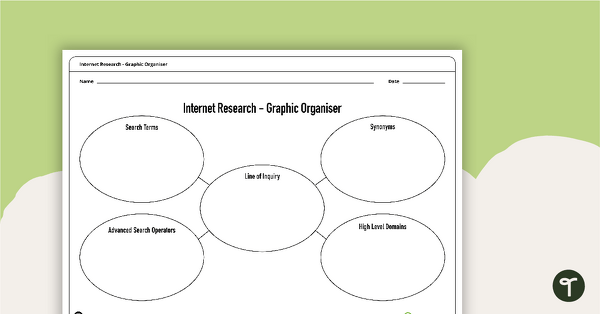
teaching resource
Internet Research - Graphic Organiser
A blank graphic organiser for students to use when planning an Internet research task.
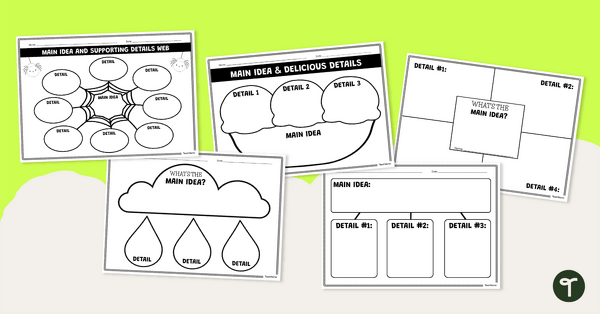
teaching resource
Finding the Main Idea - Graphic Organiser Templates
A worksheet to use when teaching students how to find the main idea of a text.
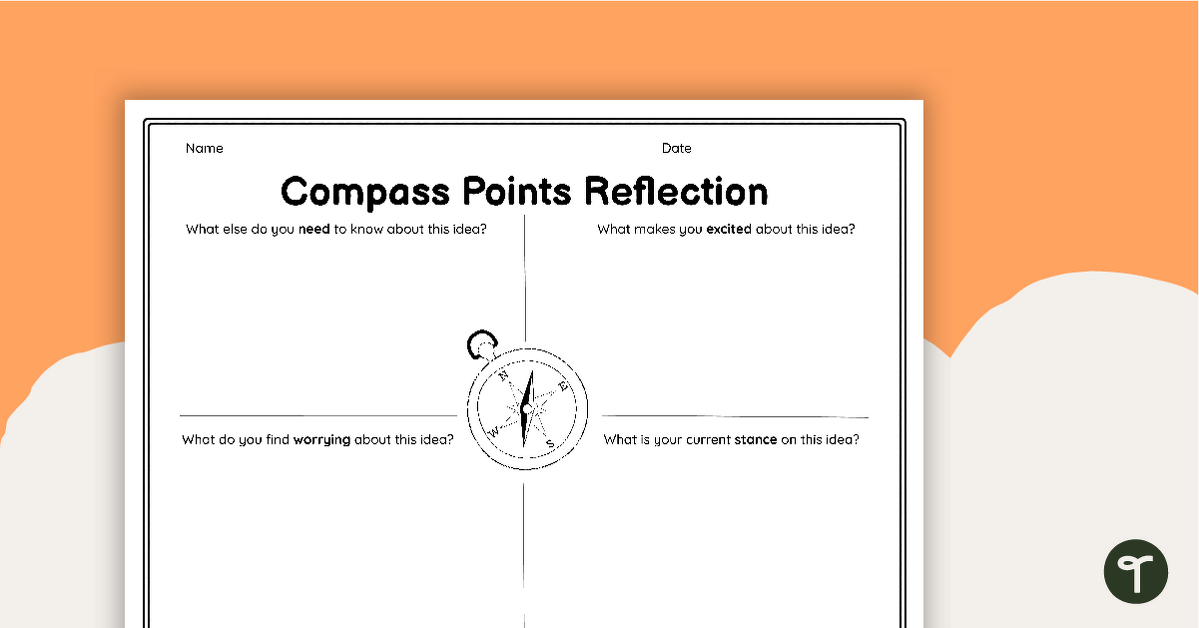

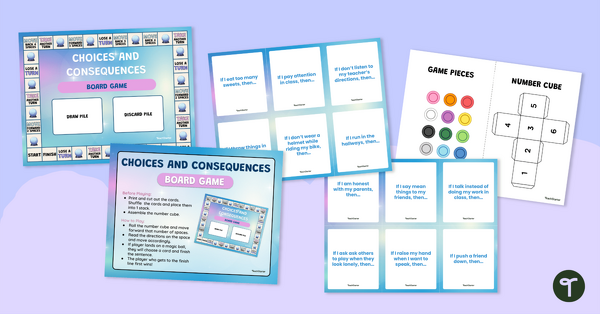
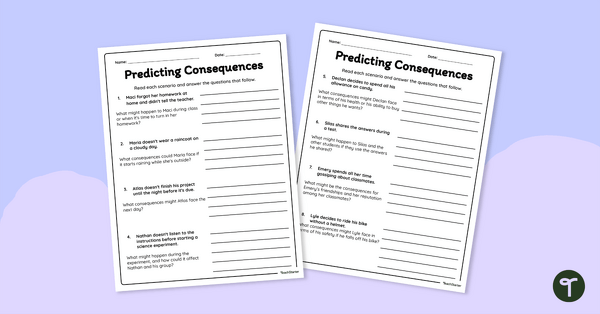
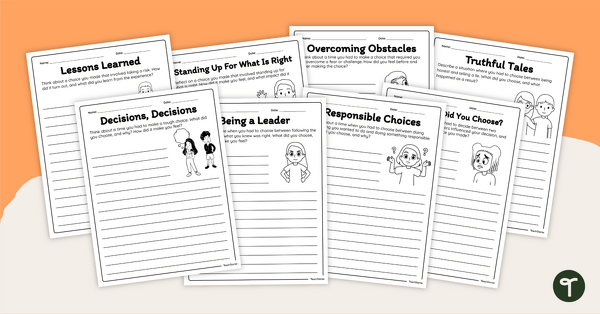
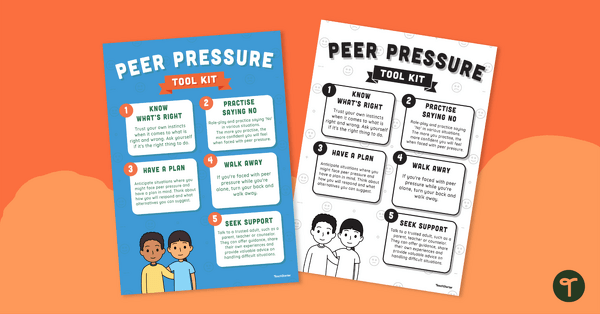
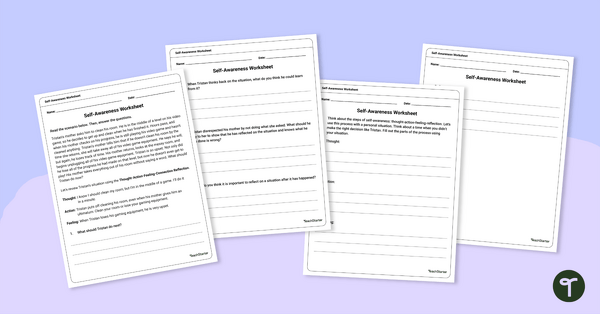
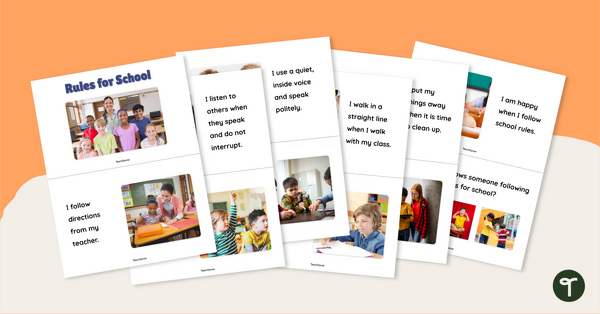
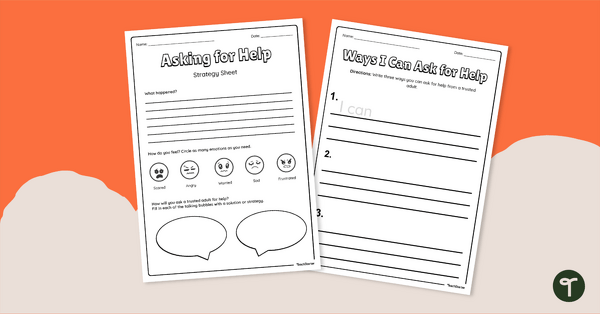
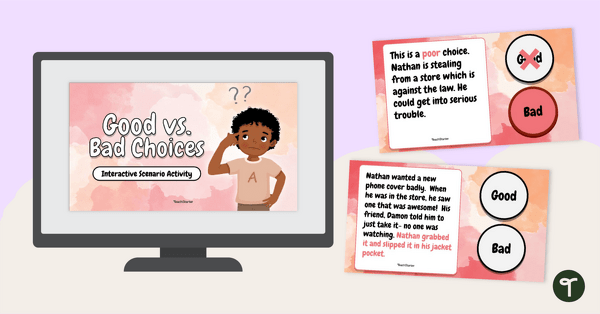
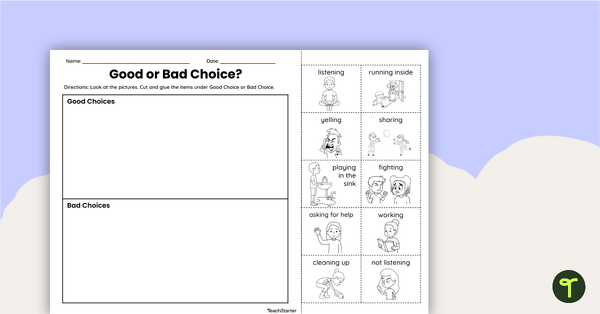
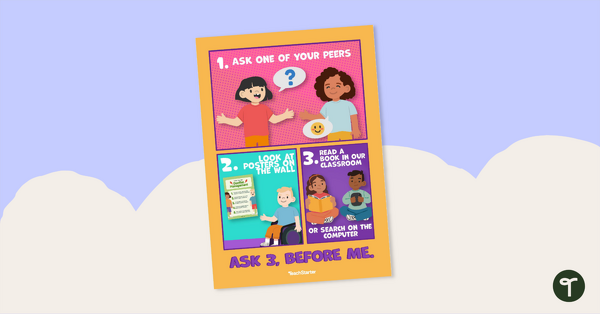
0 Comments
Write a review to help other teachers and parents like yourself. If you'd like to request a change to this resource, or report an error, select the corresponding tab above.